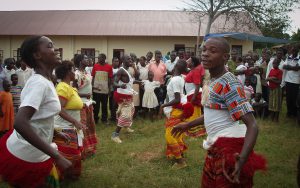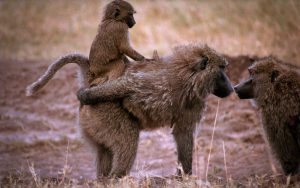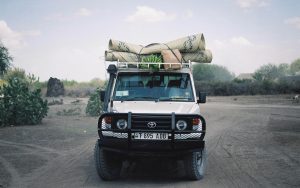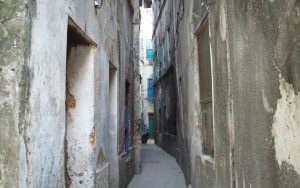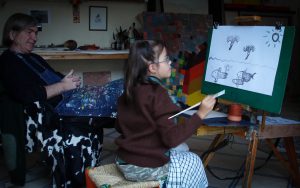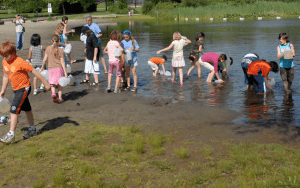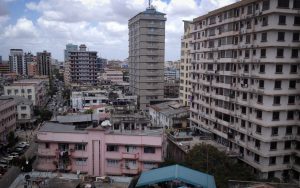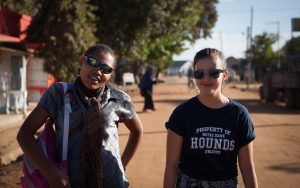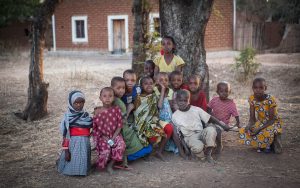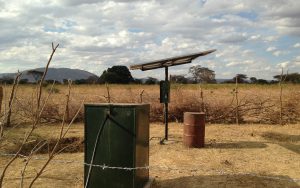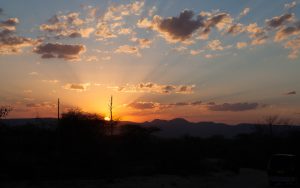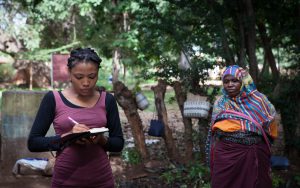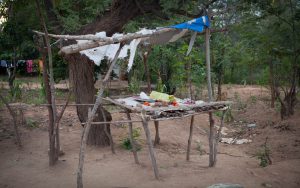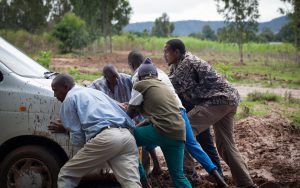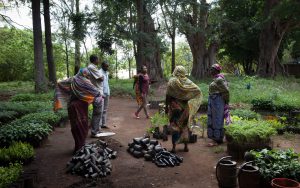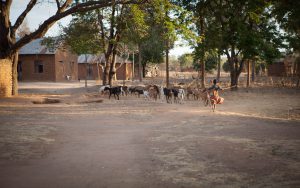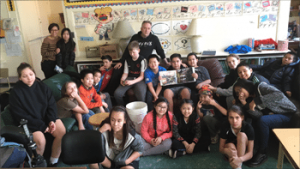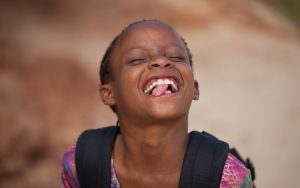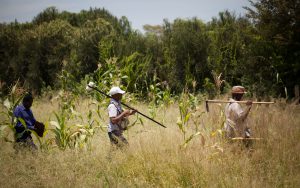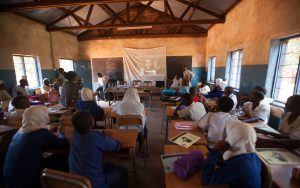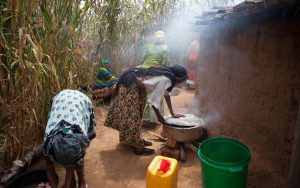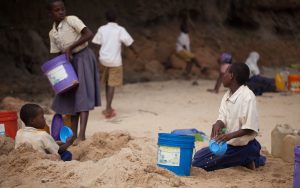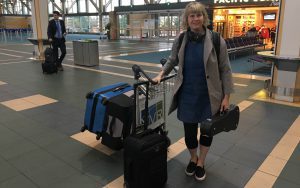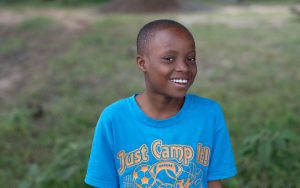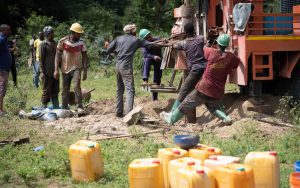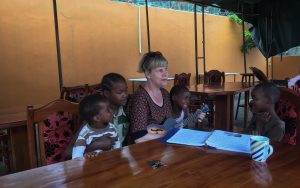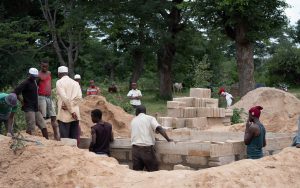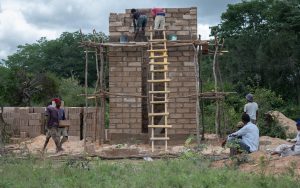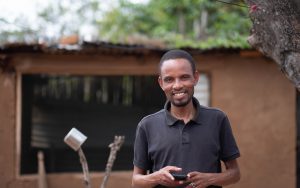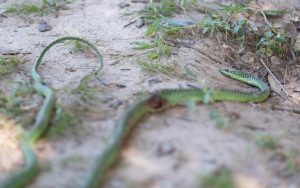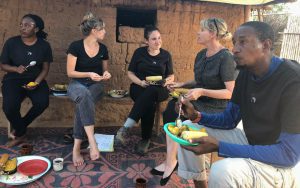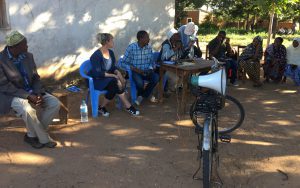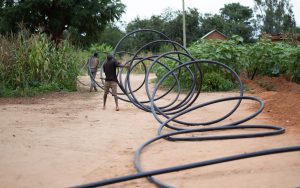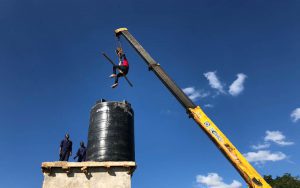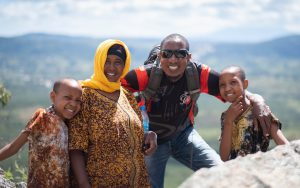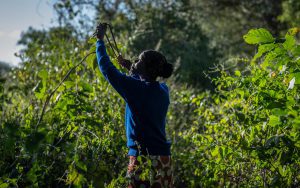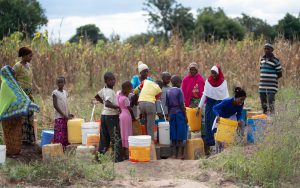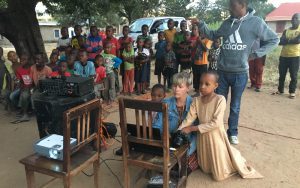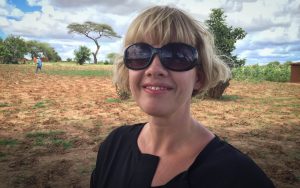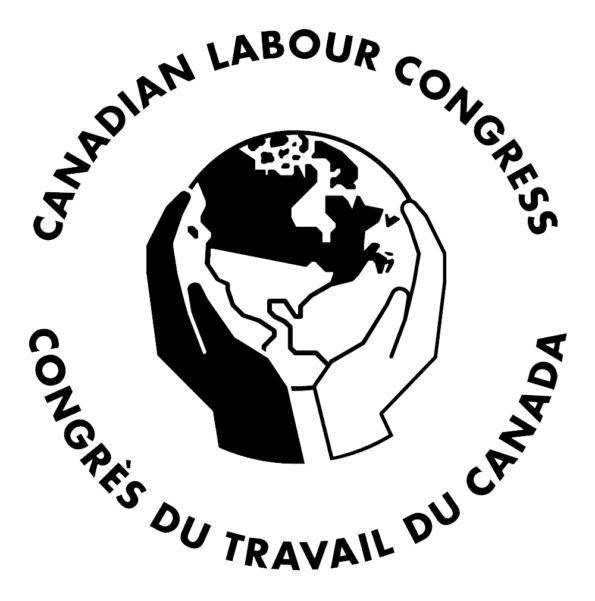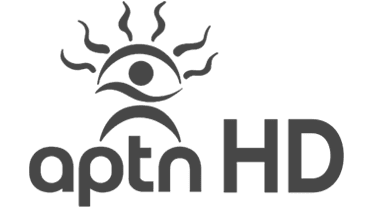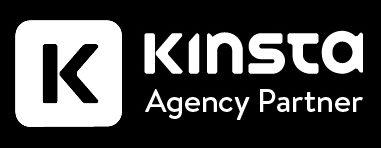So it feels like this story should end here, right? Wrong. My experiences in Cheku invigorated me to do more and we conjured up a plan to transition Moshi’s cultural tours into a full-on safari company, fully integrating the environmental projects in the process.
My milk run to Tanzania started in Vancouver and went through Montreal, Toronto, and Istanbul before I finally arrived in Arusha where I met Moshi at the airport.
Plans for this trip were a little different this time. I hadn’t met our new business partner yet, so we had to make sure we had the same vision for the company. It’s almost like dating. We were checking each other out for compatibility, trustworthiness, and integrity.
Before leaving, I packed a really kickass medical kit. I would be able to suck the poison out of a venomous snakebite, sling up a broken arm, provide a wide variety of Band-Aids, stop the bleeding from a spear or a wooden stake wound, or even staple a lion bite. But, I’ll be damned, I had forgotten cold and flu medicine and jet lag hit me hard, which made my cold a little worse—but I wasn’t going to let it slow me down.
I finally made it to the hotel in Dar Es Salaam, and it was only a few minutes before I was sound asleep. The first call to prayer, a little before sunrise, intermingled with singing from an Easter procession that ended up in the field across from my hotel. These sounds—a sonic reminder that I was in a new world—gently brought me out of my jet-lagged sleep.
It had started to pour rain in the late afternoon when I had met up with Moshi to plan our trip to Kondoa. The rainy season (or the “long rains” as they’re called) lasted throughout March, April, and May, but the rains came late and, already grappling with a decline in rainfall, the cash crops that had been planted the year prior had withered. Mother Nature was a tease, and although the earth desperately needed watering, these thirty-minute storms were too much at once and made the roads slippery. The ground gobbled up the water as quickly as it came, and a few hours later, it was as dry and hot as ever.
Our trip to Kondoa would have to wait for a full day of sunshine because the unpaved roads would potentially be too slippery and dangerous for the overcrowded buses. We decided to watch the weather and let that decide when we would leave Arusha for Kondoa. Once there, we would meet up with Ikaji and set up the office in Kolo near Kondoa town.
In the meantime, Moshi, as well as Abu and Beka (the safari guides), met in the Arusha office-to-be, which Ikaji had already rented in a really busy part of the city, and planned the safaris. Abu and Beka both went to college together, and every year, the two of them planned tours based on the migration patterns of the various African wildlife—something that changed yearly. Animals could sense when the rains were coming two weeks in advance, so they tended to go where the grass would be the most lush. Abu and Beka always knew where to find them; they were the people you wanted on a safari.
The next day was dry, just as the forecast had said, so we headed to Kondoa.


